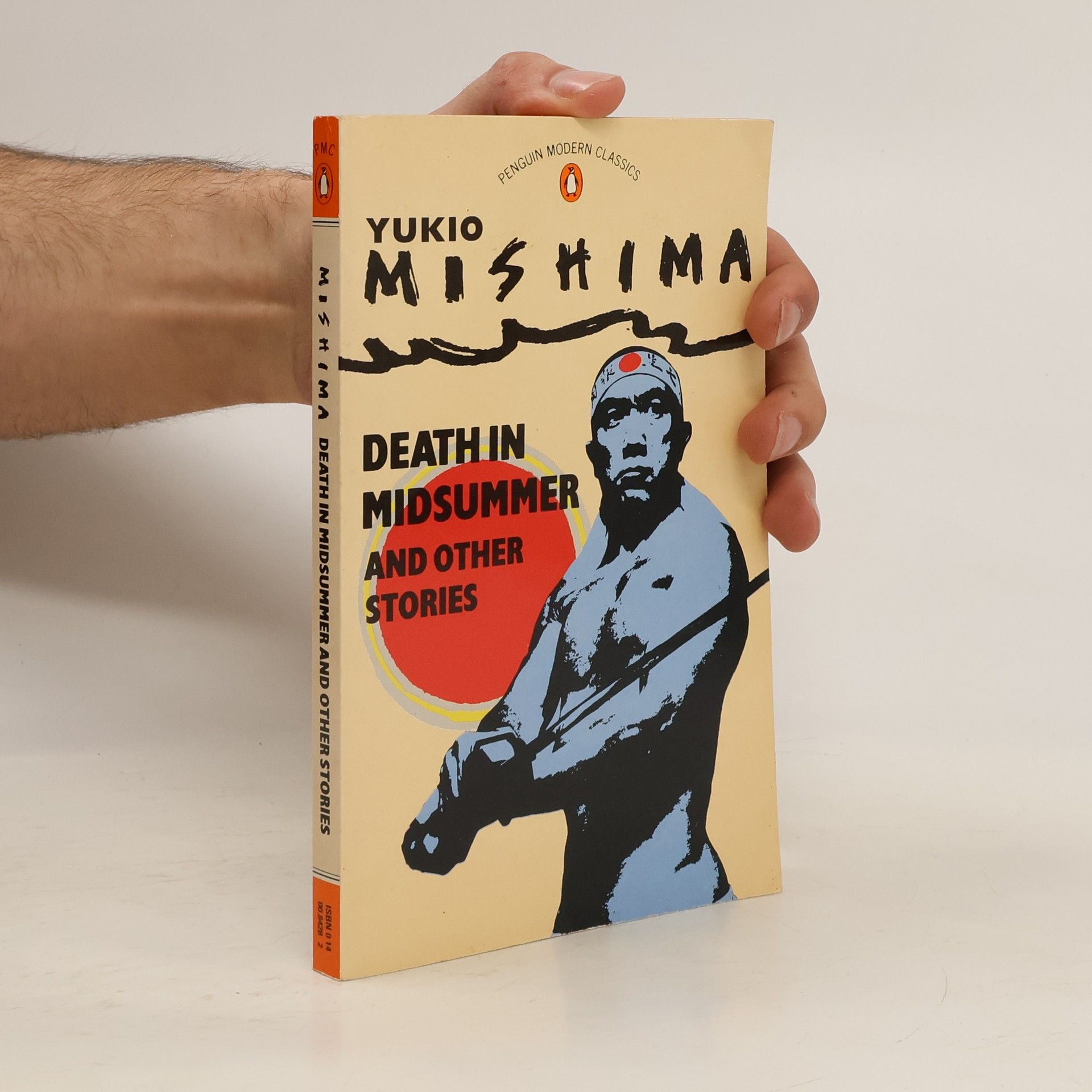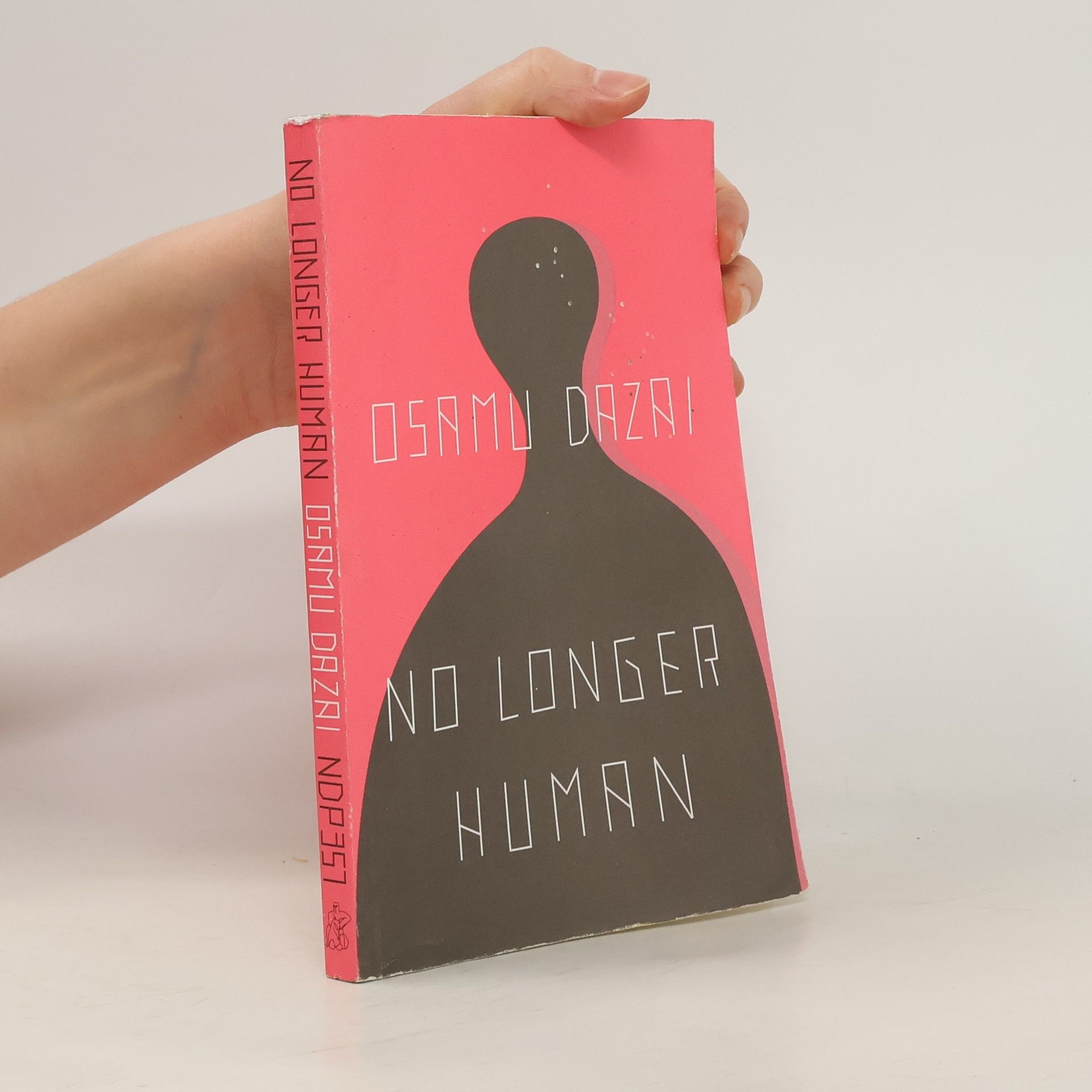No Longer Human
- 188pages
- 7 heures de lecture
A young man describes his torment as he struggles to reconcile the diverse influences of Western culture and the traditions of his own Japanese heritage.
Donald Keene était un érudit de littérature japonaise né en Amérique, qui a exercé les fonctions d'historien, d'enseignant, d'écrivain et de traducteur. Sa carrière a été consacrée à favoriser une compréhension et une appréciation plus profondes des œuvres littéraires japonaises, en particulier dans les contextes occidentaux. Grâce à ses recherches approfondies et à ses efforts de traduction, Keene a joué un rôle essentiel pour jeter des ponts entre les cultures et éclairer la richesse des traditions littéraires japonaises pour un public mondial.






A young man describes his torment as he struggles to reconcile the diverse influences of Western culture and the traditions of his own Japanese heritage.
One of the three seminal works of Japanese literature—a beautiful collection of poems and tales that offers an unparalleled insight into ancient Japan Along with the Tale of Genji and One Hundred Poets, One Poem Each, the Tales of Ise is considered one of the three most important works of Japanese literature. A poem-tale collection from the early Heian period, it contains many stories of amorous adventures, faithful friendship, and travels in exile, framing the exquisite poems at the work's heart. The Tales of Ise has influenced waka, Noh, tales, and diaries since the time it was written, and is still the source of endless inspiration in novels, poetry, manga, and cartoons. This volume has been translated by Peter MacMillan and includes a preface by the renowned Japanologist Donald Keene. For more than seventy years, Penguin has been the leading publisher of classic literature in the English-speaking world. With more than 1,700 titles, Penguin Classics represents a global bookshelf of the best works throughout history and across genres and disciplines. Readers trust the series to provide authoritative texts enhanced by introductions and notes by distinguished scholars and contemporary authors, as well as up-to-date translations by award-winning translators.
A biography of Japanese tanka master Ishikawa Takuboku, who pioneered an unmistakably modern poetic style.
Death, homosexuality and the spiritual emptiness of post-war Japan: these are the often shocking subjects which Mishima explores. The old world meets the new in this collection of fiction and drama by one of Japan's most celebrated writers. A husband prepares to commit hara-kiri in the name of patriotism; an ascetic struggles with temptation; and a businessman meets a past love in the streets of San Francisco. Violence colours the work of Mishima, as it did his life. But there is also delicate observation, pathos, humour and irony in these beautifully crafted tales. Contents: - Death in Midsummer - Three Million Yen - Thermos Flasks - The Priest of Shiga Temple and His Love - The Seven Bridges - Patriotism - Dōjōji - Onnagata - The Pearl - Swaddling Clothes
Donald Keene combines informative works on two forms of classical Japanese theater into a single volume. The No text looks at all aspects of this traditional theater form including its history, its stage and props, the use of music and dance in its performances, the plays as literature, and the aesthetics of No. Also discussed are Kyogen, the comic farces that are typically interspersed with the solemn No dramas.
This is the extraordinary story of how Japan was dramatically transformed during the long reign of Emperor Meiji, from an isolated island nation to one of the five great powers of the world, poised as a rival in Asia to Russia and the European colonial powers.
Modern Japanese Literature is Donald Keene’s critically acclaimed companion volume to his landmark Anthology of Japanese Literature. Now considered the standard canon of modern Japanese writing translated into English, Modern Japanese Literature includes concise introductions to the writers, as well as a historical introduction by Professor Keene. Includes: Growing Up by Ichiyo, a lyrical story of pre-adolescence in the 90s; Natsume’s story of Botchan, an illustarred and ineffectual Huck Finn; Nagai’s The Sumida River; Kokomitsu’s Kafkaesque Time; Kawabata’s The Mole; Firefly Hunt; a glimpse into Tanizaki’s masterpiece Thin Snow; and the postwar work of such writers as Dazai and Mishima.
Novel of present day Japan. Reaction of an upper-class family to the war and the resultant cultural impact.
For the first time in English, Osamu Dazai's comic prequel to No Longer Human
Twenty Plays of the No Theatre (UNESCO Collection of Representative Japanese Series)